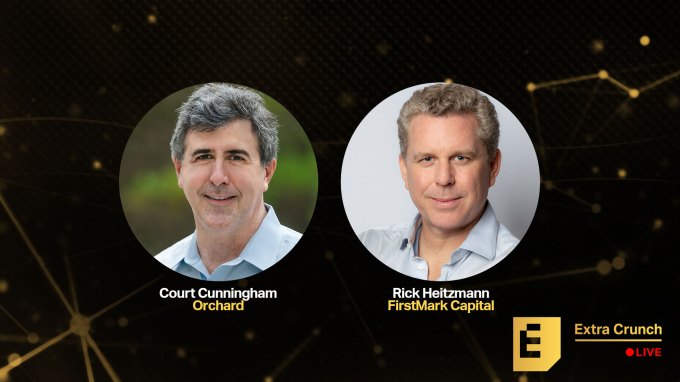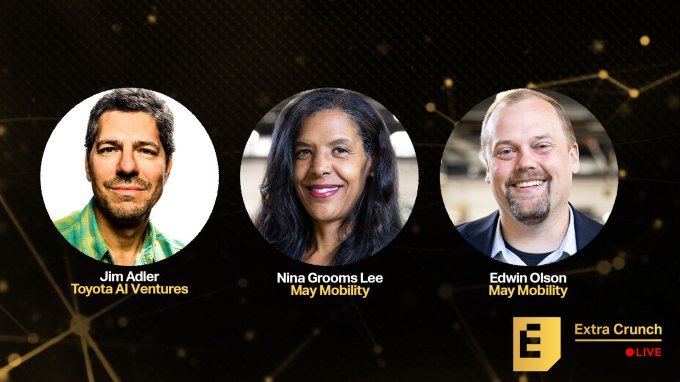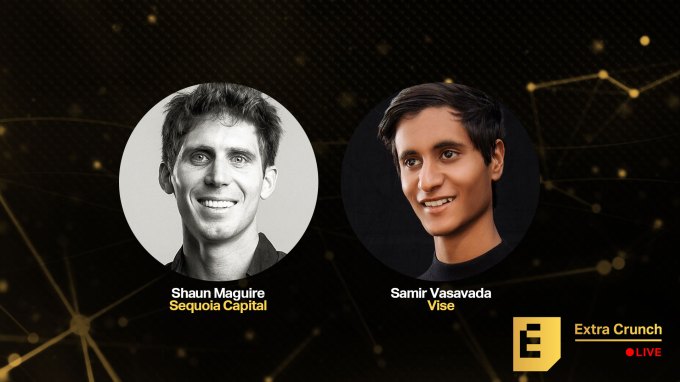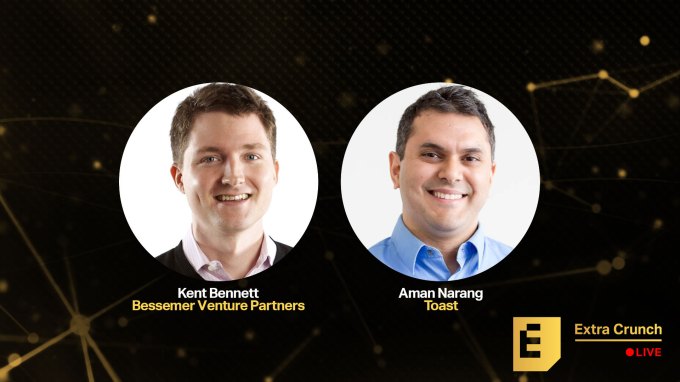Extra Crunch Live, our weekly event series that connects founders with tech leaders, is really picking up speed. Recently, we had a conversation with Accel’s Dan Levine and Scale’s Alexandr Wang about how sometimes, unconventional VC deals are the best deals.
We’ve also taken a walk through early decks from companies like Poshmark, Steady and Justworks.
But we’re only getting started. We have an amazing lineup of speakers hanging out with us in May.
As a reminder, Extra Crunch Live goes down every Wednesday at 3pm ET/noon PT and is open to anyone who wants to join. We talk to investor/founder duos about how their deals came together, including the challenges, and usually take a look at their original decks. We also look at pitch decks submitted by audience members and our guests give their live feedback. If that sounds like something you’d be into, you can submit your deck using this form.
One other note: On-demand access to this content is reserved for Extra Crunch members (who also get unfettered access to loads of premium content like market maps, investor surveys, EC-1s and more). If you’ve been on the fence about joining Extra Crunch, just do it.
So without any further ado, let me tell you a little bit about our May lineup.
Extra Crunch Live: FirstMark Capital and Orchard
May 5 – 3pm ET/noon PT
Court Cunningham launched Orchard (formerly Perch) in 2017 and turned it into one of the brightest stars in the universe of prop tech. The company has raised more than $350 million to rethink the way people buy and sell homes (simultaneously). Rick Heitzmann, managing partner at FirstMark Capital, led the company’s Series A, adding to a long list of ultimately successful early-stage companies that Heitzman has bet on. Hear this duo talk about the growth of prop tech, how they came together on that Series A deal and what’s next in the world of startup venture.

Extra Crunch Live: Toyota AI Ventures and May Mobility
May 12 – 3pm ET/noon PT
The mobility industry has evolved rapidly in the last decade. On Extra Crunch Live, we’re lucky to be joined by Toyota AI Ventures’ Jim Adler and May Mobility’s Nina Grooms Lee and Edwin Olson. We’ll talk about how Toyota AI Ventures led May’s seed round, and how May went on to raise more than $80 million. Adler, Lee and Olson will also give their live feedback on decks submitted by the audience.

Extra Crunch Live: Sequoia and Vise
May 19 – 3pm ET/noon PT
Shaun Maguire, partner at Sequoia, has been on both sides of the table, as an entrepreneur and investor. His portfolio includes Stripe, Opendoor, IonQ, SpinLaunch, Lambda School, Dandelion Energy, Clutter and Vise. Samir Vasavada co-founded Vise in 2016 to bring AI to financial advisors and has raised more than $60 million. Hear these two discuss how the fintech landscape is evolving, how to successfully raise funding in fintech and how they overcome challenges together.

Extra Crunch Live: Bessemer and Toast
May 26 – 3pm ET/noon PT
Kent Bennett has invested in companies like Blue Apron, Bevi and Toast, among others. It wouldn’t be an overstatement to say he’s an expert in retail and hospitality tech. Aman Narang founded Toast in 2011 and the restaurant POS service has raised more than $900 million. Hear these two discuss how they came together for Toast’s Series B deal and how they work together today.

